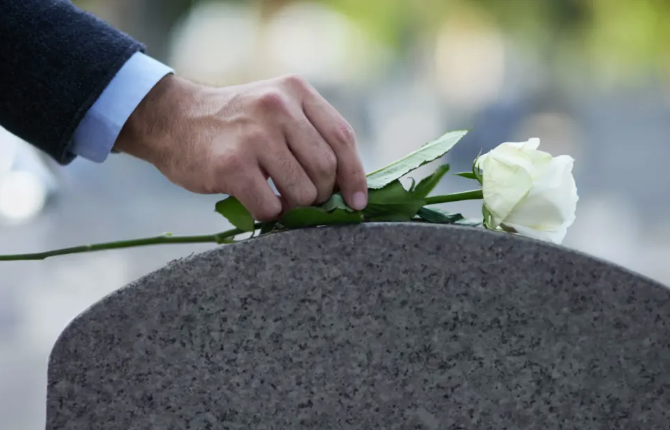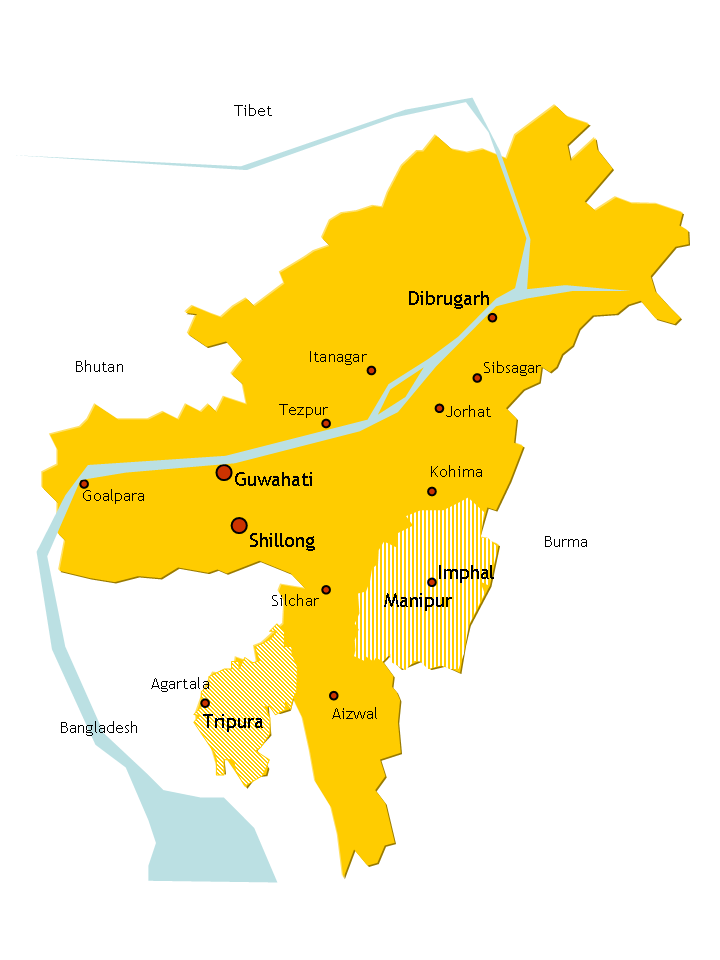
I have just heard of the demise of Mr. B S Chauhan, the gentleman who was the DFO at Rajgarh when I joined there in February 1974. I have already mentioned how much in awe of him I was. He was a towering personality both literally and figuratively. Well over 6 feet in height and sporting an imposing moustache, Mr. Chauhan instilled ready respect amongst his juniors and subordinates and fear in minds of wrongdoers. His tours of inspection were awaited with dread by the field staff. Many a story was told of his long walks in the forests and his keen eye for detail. He had the nasty habit of stopping the jeep and getting off where he was least expected, hopping over the fence of the plantation, and then taking a tour of inspection, with the Range Officer and other staff trailing behind him. Needless to say, the area near the entry to the plantations was always well looked after with the grass and bushes kept in check and the saplings well looked after. The far corners of the plantation area rarely received the same attention; and it was these corners that the DFO liked to inspect! However, he was a gentle giant when he was not on duty. I remember him trying to teach me, along with my two fellow ACFs, how to play Bridge and, when we could not learn, readily joining us in a game of Rummy.
There was a remote corner of Rajgarh Division which most officers, DFOs no exception, avoided visiting as it was reputed to be the most lawless part of not just the Division, but also the entire Sirmaur District, if not the State. Residents of Pajhota valley had the proud reputation of being the first to rebel against the Rajas of Sirmaur in 1939, for joining the British war effort during World War II. The rebellion was sought to be suppressed with a firm hand and several of its leaders, including Vaid Surat Singh, were imprisoned. In 1942, this rebellion spread to the entire kingdom, as part of the Quit India movement, and lasted till the kingdom was merged with the new state of Himachal Pradesh. The Rajputs of Pajhota valley used the title of ‘Mian’, a title perhaps accorded by the Mughals during their rule in this region. The ‘Mians’ were fiercely independent, and defended their freedom zealously. Outsiders were not welcome in the area and rarely, if ever, did anyone venture into the valley. There was no rule of law, and local disputes were settled in the time honoured way – by use of weapons. Murders were reported to be common, local conflicts were rampant and trees stolen from the forests impudently.
The valley also had the dubious reputation of being the centre of opium production and trade in north India. The British had legalised and encouraged the cultivation of opium in the hill states, and had in place an excise policy for its purchase. Even at that time, opium was smuggled out of the British territories to places as far away as Burma and Madras, and precious little could be done to stop this illegal trade. Although the cultivation and trade in opium was banned after independence, the Mians of Pajhota valley refused to accept the law. Despite the frequent forays of police teams into the valley, smuggling of opium to Punjab and UP continued, making the smugglers, and the growers, rich beyond their dreams. There was no bank or post office in the valley, so the ill-gotten gains were most often stored in sacks hidden below floorboards or behind walls.
This was the situation even as late as 1973, when Mr. Chauhan decided to visit the valley and inspect the government forests there. The Magistrate and other officers in Rajgarh tried to deter him, but the more they told him not to go, being the stubborn ‘Jaat’ that he was, the more determined it made him. Finally the Police Inspector offered to provide him a few armed policemen for his security. By now word had reached the valley about the impending visit of the DFO. The Mians must have wondered what sort of a man this was who had decided to confront the lion in its own den. They must have also confabulated amongst themselves to devise a strategy to settle the issue. I guess they also must have admired the courage, or foolhardiness, of this stubborn man! Then, one day in September, a messenger arrived in the office of the DFO, carrying a letter from one of the Mians. It simply said that the villagers of Pajhota would be honoured to welcome Chauhan Sahib to their midst. The only request they made was for him not to be accompanied by any policemen, as they feared it would be embarrassing for them if word got around that police action was being initiated against them. They agreed that the DFO be accompanied by his Range Officers and other field staff, but requested that the latter be in plain clothes rather than in uniform. Mr. Chauhan sent back a reply, saying that he would be accompanied only by his own staff, but in uniform, whether the Mians liked it or not! The rest, as they say, is history! Mr. Chauhan undertook a seven day tour of inspection in the valley, visiting the remotest of forests, and estimating the illicit fellings therein. There was no Forest Rest House in the entire valley, so he slept in the guard huts. One day the elders of Taproli village approached and bowed before him. On their request he agreed be their guest on his last night in the valley and to participate in a community feast in the village as well. It is said that day festivities carried on well into the early hours of the next morning. As Mr. Chauhan prepared to leave for his headquarters, a delegation of Mians walked into the guard hut and deposited before him sacks of currency which, they said, was compensation for the trees the villagers had felled without permission. They also assured him that, henceforth, they would adhere to the Forest laws and rules. It was a victorious DFO who drove into the Treasury compound in Rajgarh and deposited two sacks of currency which, when counted, added up to about one lakh rupees. Among the currency notes there were even some dating back to British days.
That Mr. Chauhan had become a legend in Pajhota I learnt when I visited the valley in 1975, as part of my demarcation work. There was still no road so I had to trek some twenty kilometers to get to Taproli village, which was at the head of the valley. I was greeted by the ‘Pradhan’ (Headman) of the village and led to the well-appointed room which had been set aside for my stay. The room was part of the ‘Pradhan’s home, and was opened only when a touring Forest Officer came to visit. In pride of place among the pictures adorning the gaily coloured walls was one of Mr. Chauhan towering over the Pradhan and a host of villagers. The only talk at dinner that night was of Mr. Chauhan’s visit to the valley and his courage and kindness.
Today, I picture in my mind that smiling, mustachioed visage and think to myself … an era has ended! The King is dead, but his memory will live on ….
I am a retired forester, with keen interest in ecology, environment and wildlife. Currently residing in Solan and working as a freelance Consultant in the above fields.



